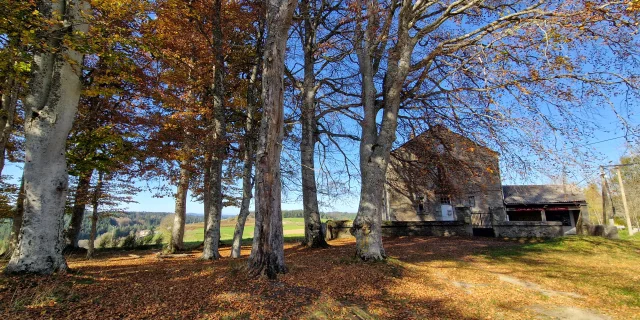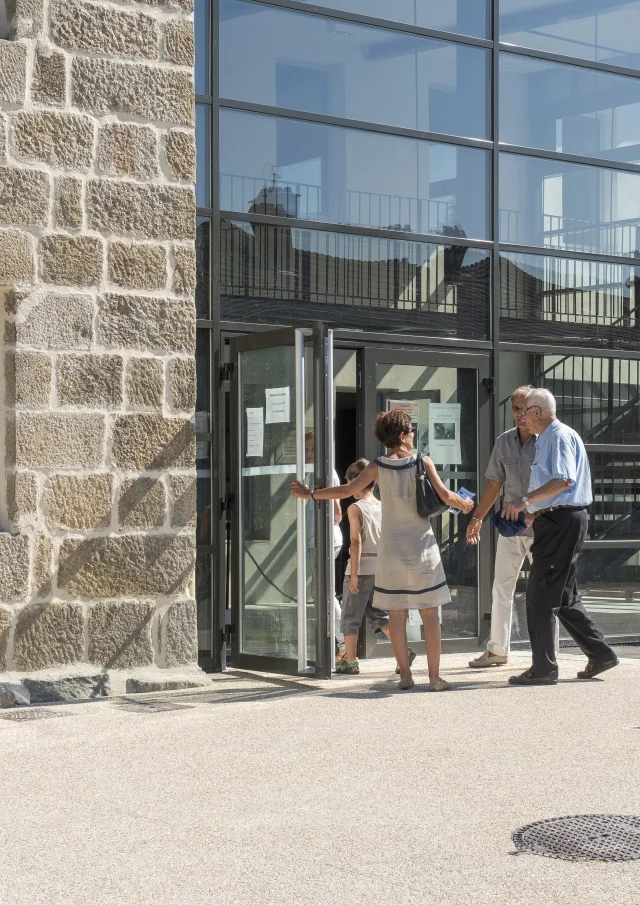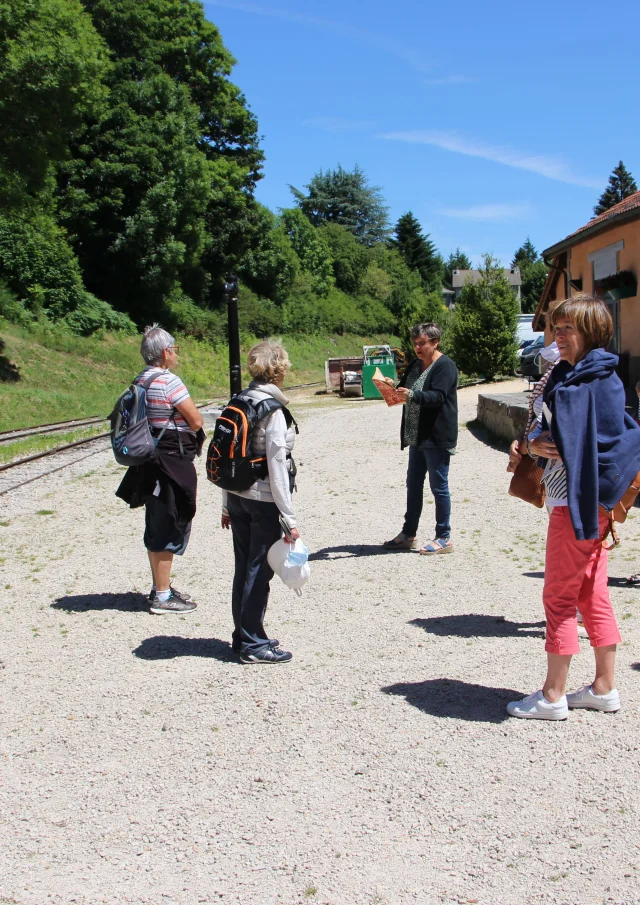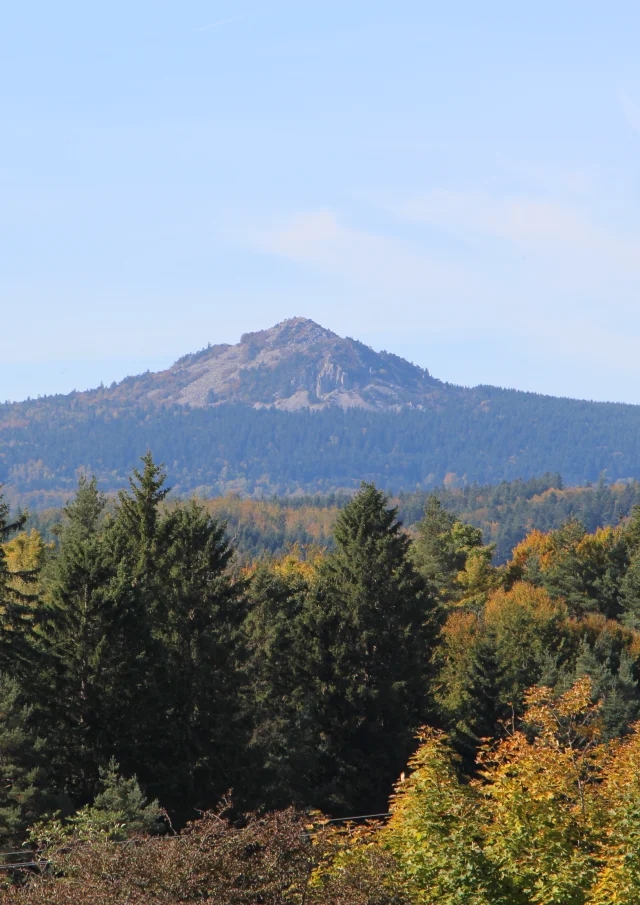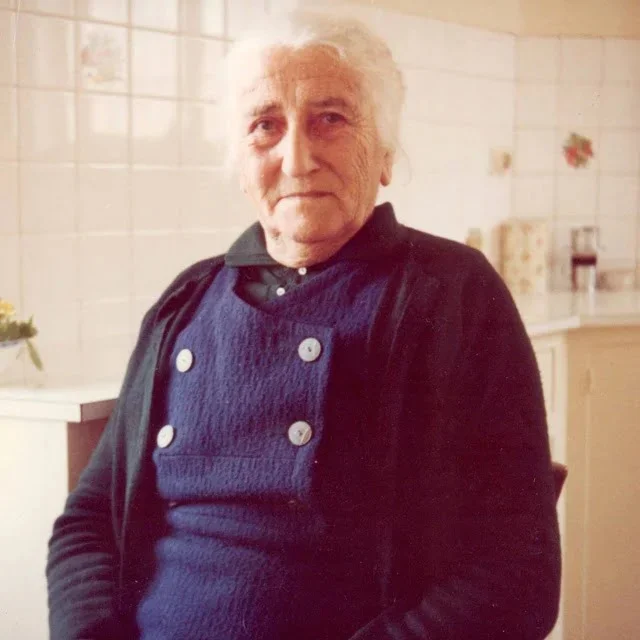 Mariebrottes
MariebrottesA woman of resistanceMarie Brottes
Marie was 33 when the 39-45 war broke out. She lived in Le Chambon-sur-Lignon and worked as a housekeeper in the local boarding houses. She was a simple woman and a staunch Protestant. From childhood, she was taught to remember her Huguenot ancestors who refused to recant. In the summer of 42, when roundups and persecution drove a flood of Jews into the free zone, Marie opened her door. She says, “Neither the risk of being shot nor the anti-Semitic propaganda shook me. When the first Jews arrived, I thought of the Protestants who had had to flee and hide before them…”.
More than 80 years ago, she was cycling across the country, collecting food from farms and bringing bread to those hiding in the surrounding area. With her husband Léon, they took in refugees and shared everything, which is to say not much. Money stopped coming in, so what remained were food stamps and produce from the garden, potatoes and beet.
Some faces faded from his memory, others remained engraved, notably those of the Mautner family. Dr. Mautner and his wife Grete, refugees from Vienna in Austria, had arrived in Le Chambon in 1940. They befriended Marie.
When the gendarmes began rounding up Jewish families, Marie Brottes found a hiding place for her friends: the farm of Elie Russier (q.v.), the town’s blacksmith. The Mautners stayed there as long as their lives were in danger. Marie provided them with food and false identity papers to enable them to cross the border and take refuge in Switzerland. Unfortunately, they were caught at the border. Initially interned at the Rivesaltes camp in southern France, they were later transferred to Gurs. Marie Brottes, who had her own baby to care for and lacked everything during the occupation, decided to share what little she had with her friends. Every week, she sent them a one-kilo package of potatoes, flour, sweets and clothes to Gurs. When the camp was closed, the Mautners were able to return to Le Chambon, where their son Erik was born in 1944. The two families remained close friends for the next few years. The Mautners returned to Vienne; several years later Erik came to visit the Brottes in Le Chambon-sur-Lignon, the village where he had been born. Marie Brottes also risked her life to save other Jews; in her post-war deposition, she recounts that the police summoned her more than once to question her about her activities.
